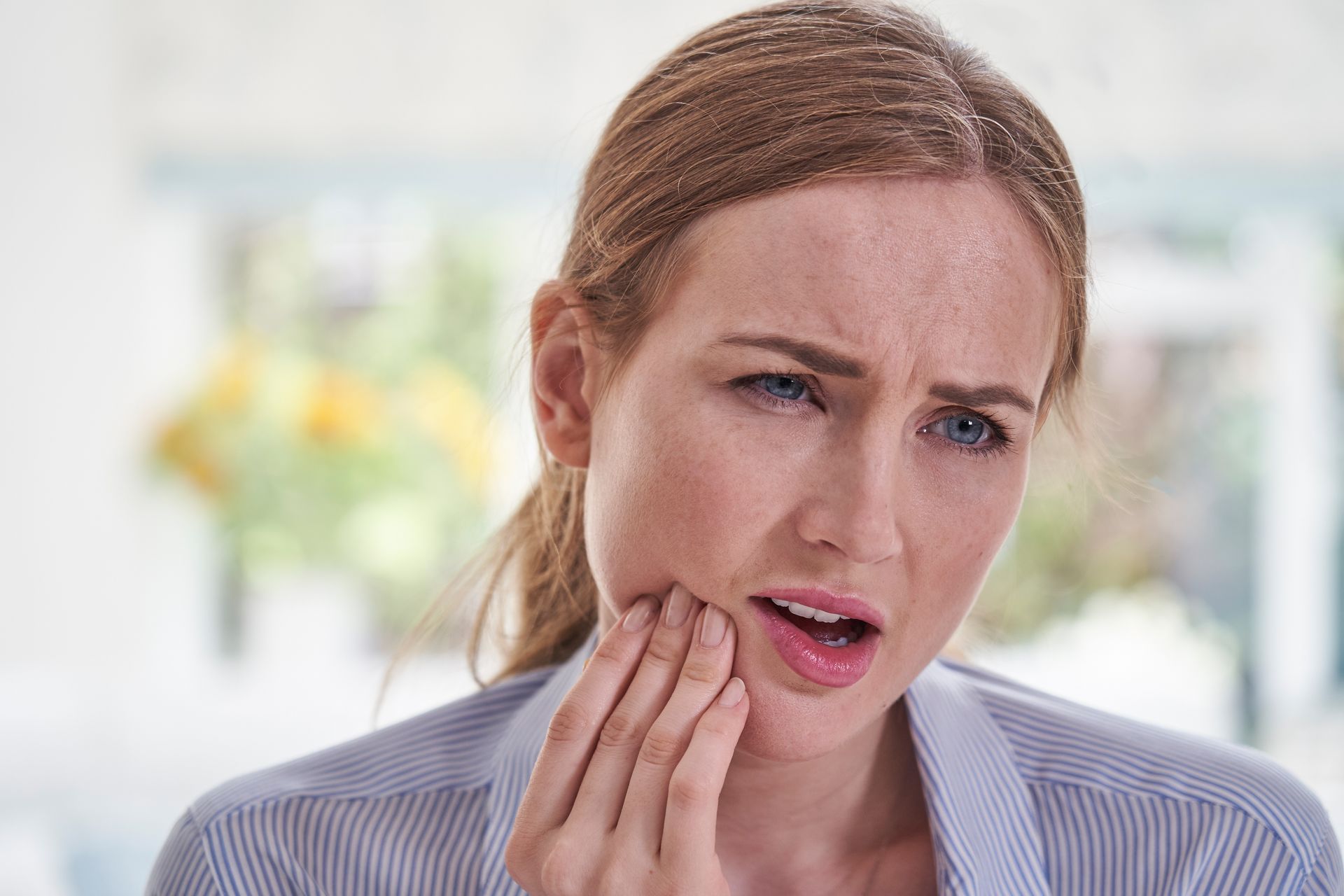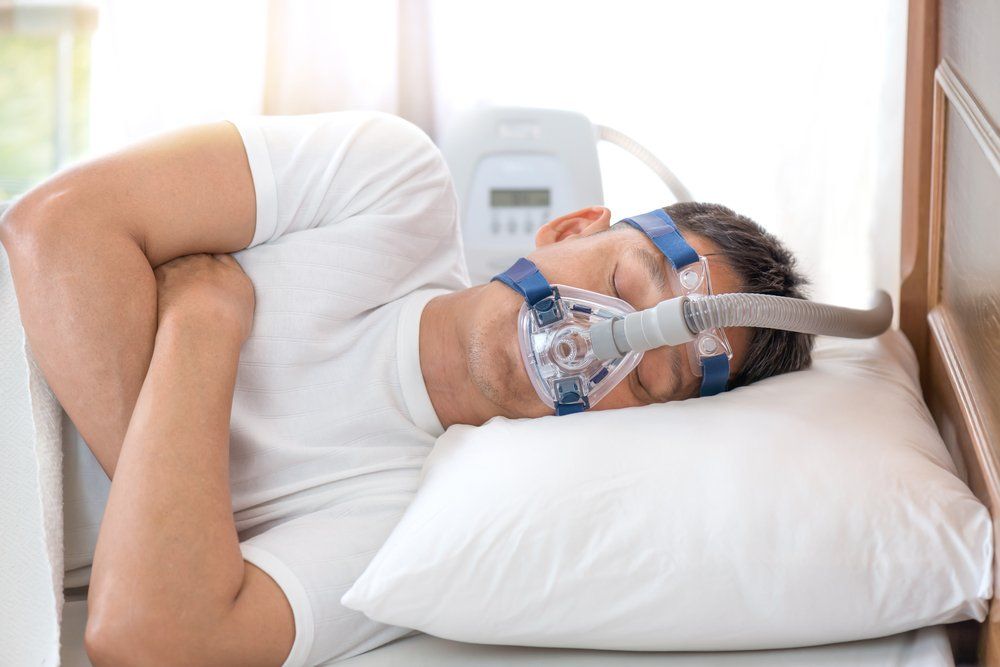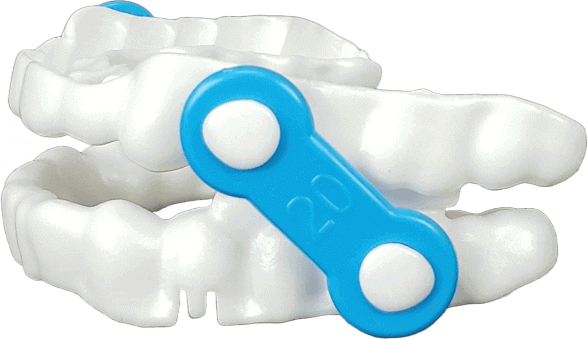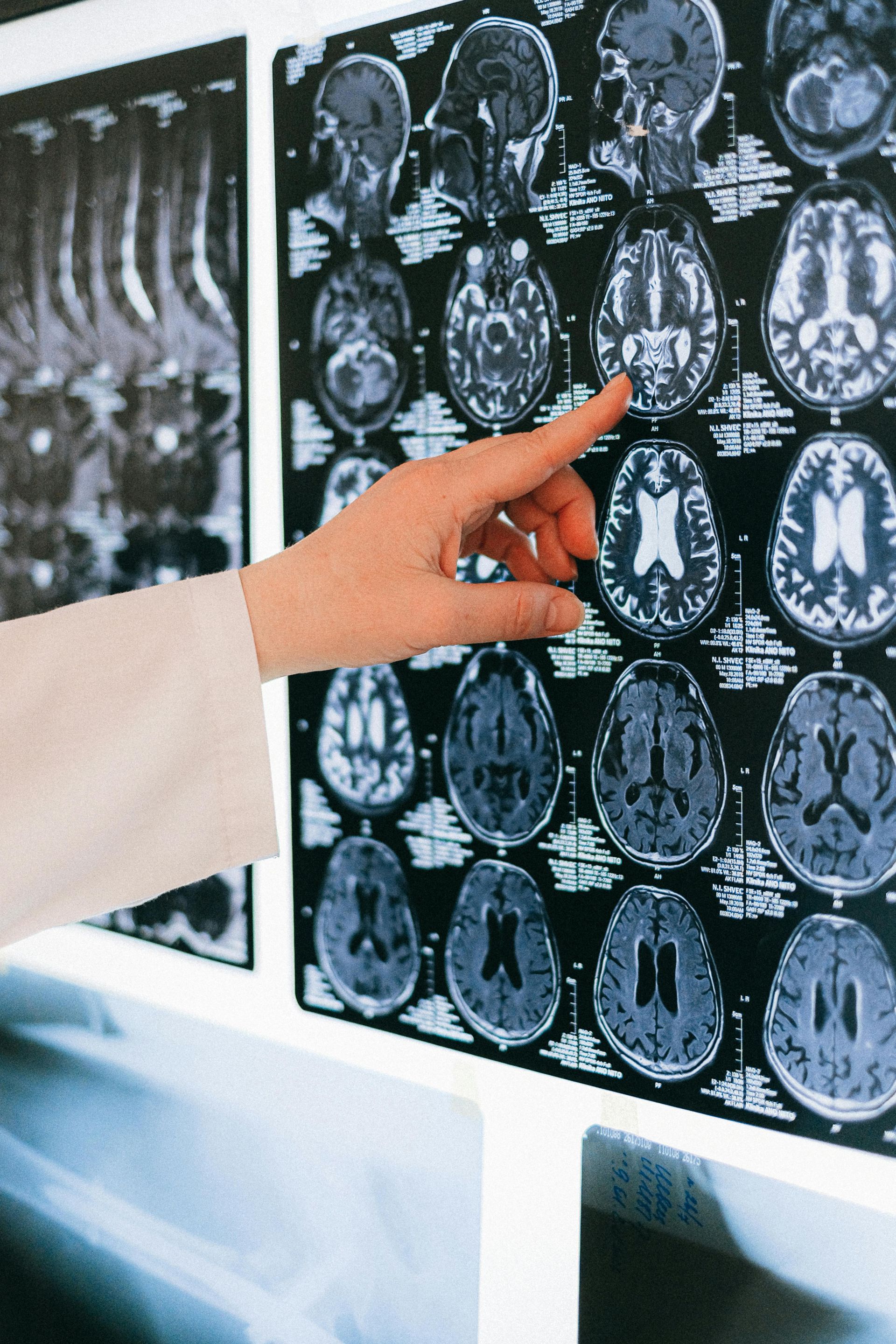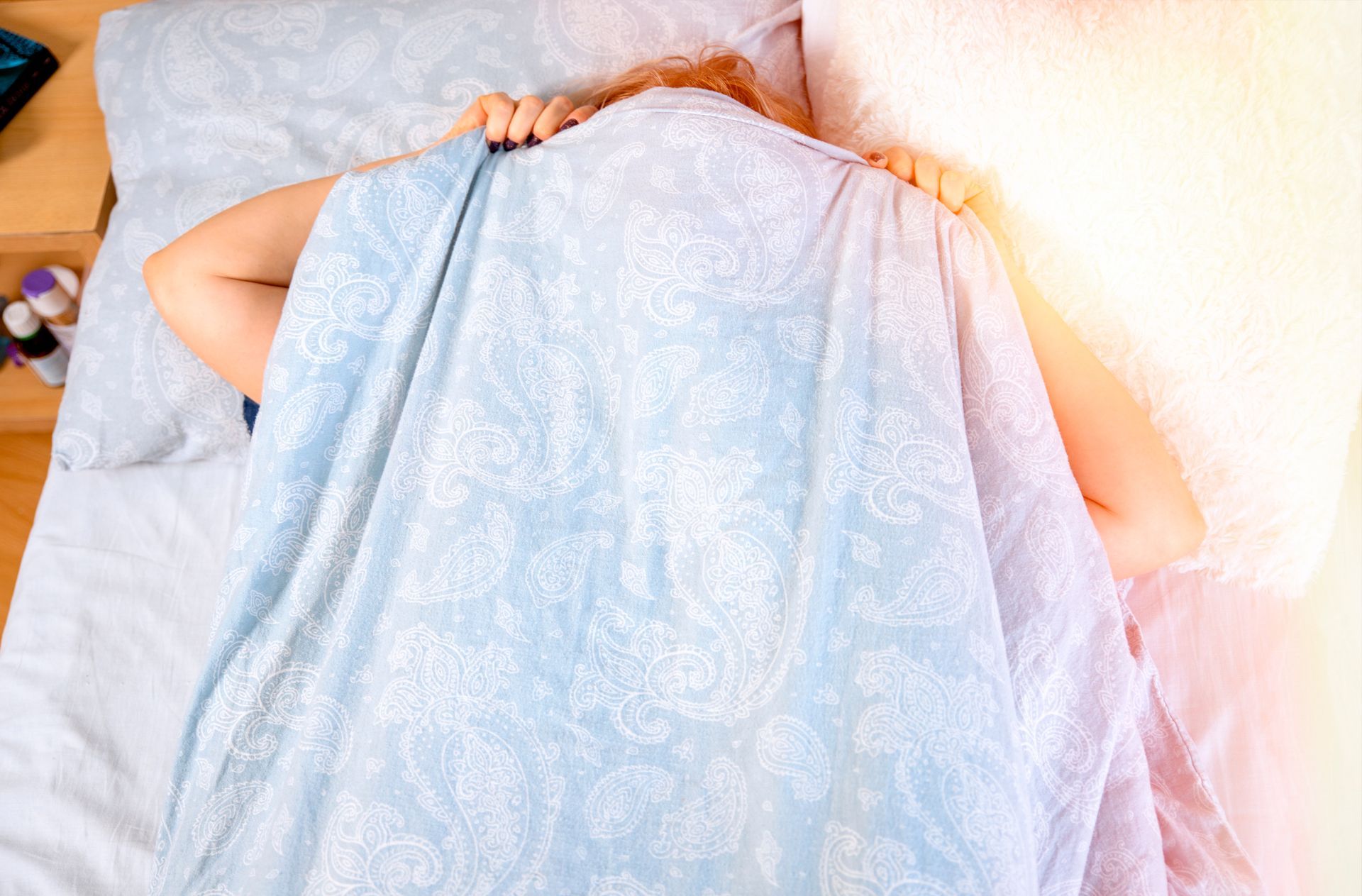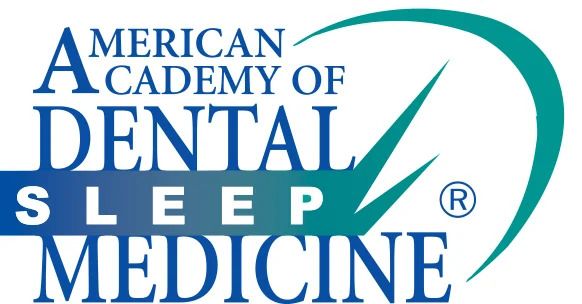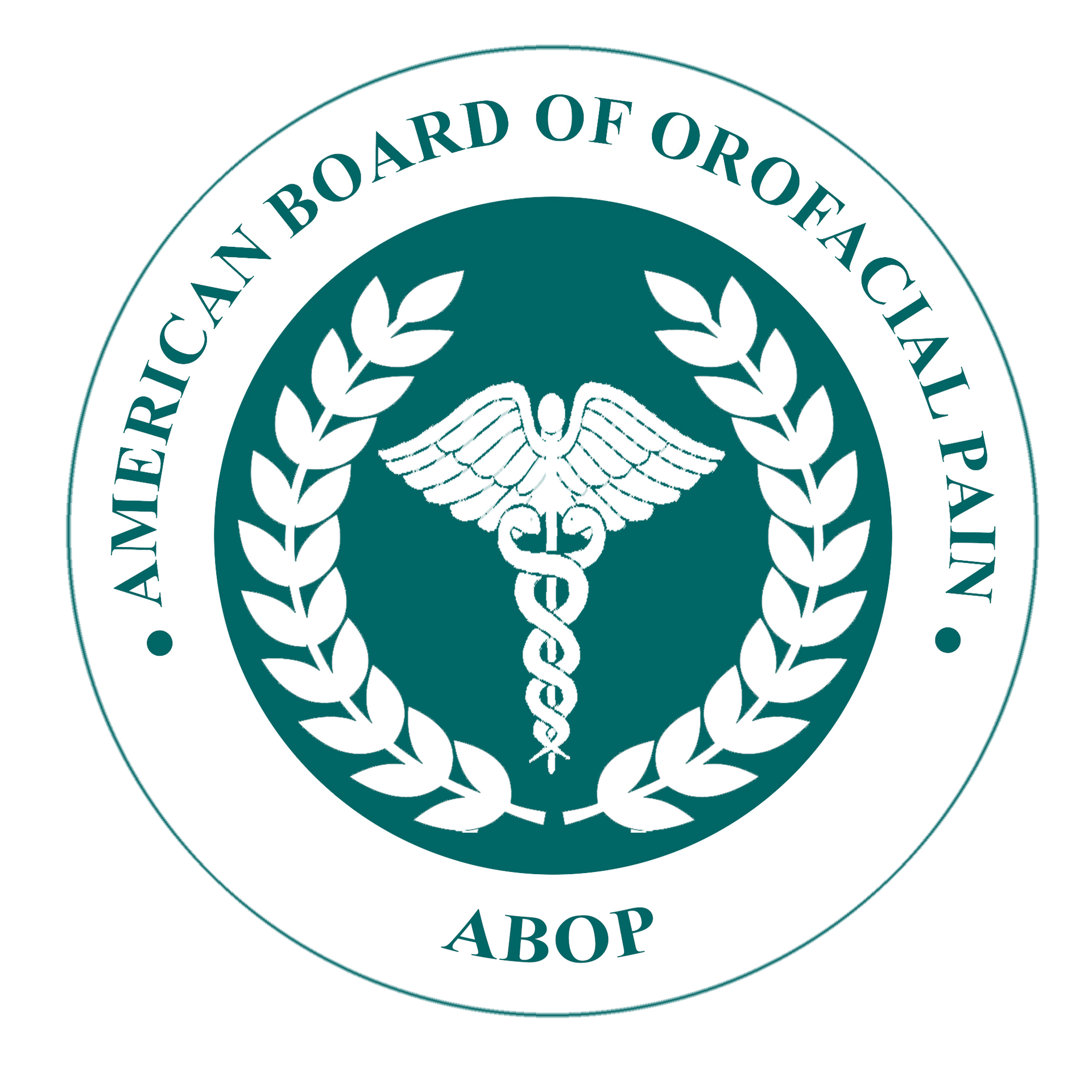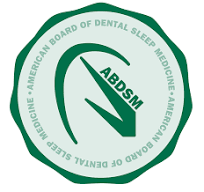TMJ Jaw Pain While or After Sleeping: Causes and Treatments
Updated on 08/14/25
Waking up with jaw pain, facial tension, or headaches may be a sign that your symptoms are related to an underlying TMJ disorder. While the temporomandibular joint should rest during sleep, unconscious habits like jaw clenching, poor sleep posture, or misalignment can place continuous stress on the joint and surrounding muscles, leading to inflammation, stiffness, and discomfort by morning. Signs such as sore facial muscles, clicking or locking in the jaw, ear pain, or bite changes often point to a more persistent issue. A TMJ and sleep specialist can provide a thorough evaluation to pinpoint the root cause and design a personalized, non-surgical treatment plan—including oral appliances, splint therapy, therapeutic Botox, and trigger point injections—that addresses the multiple factors contributing to your discomfort. Combined with simple changes like adjusting your sleep position and improving sleep conditions, professional care offers lasting relief and better mornings.
If you're struggling with jaw pain after sleeping, Dr. Katherine S. Phillips and Dr. Y.C. Joseph FischerHahm of Restore TMJ and Sleep Therapy in The Woodlands can offer relief through personalized, expert care. Dr. Phillips is a Diplomate on the American Boards of both Orofacial Pain and Dental Sleep Medicine, with over 15 years of experience and more than 8,000 custom oral appliance fittings and works alongside Dr. FischerHahm to thoroughly evaluate your jaw, bite, sleep patterns, and TMJ function using advanced imaging and clinical exams. Together, they develop integrative treatment plans—including splints, oral appliances, Botox, and trigger‑point injections—that not only ease symptoms but also coordinate with dentists, orthodontists, and sleep physicians to address dental misalignment and sleep disorders for long‑term relief. With a reputation backed by patient awards and stellar reviews, their comprehensive method targets the root causes of TMJ-related jaw pain after sleep, so you can wake up feeling better every morning.
10 Signs Your Jaw Pain After Sleeping is Related to Your TMJ
Morning jaw pain—especially when it’s sharp or stiff upon waking—often stems from muscle tension or jaw joint stress accumulated overnight. Many people with TMJ/TMD notice their jaw feels sore, stiff, or achy first thing in the morning, which may ease during the day as muscles relax and movement resumes. If it persists beyond the morning—or worsens with daily jaw movement—it could signal a more persistent TMJ issue like inflammation or arthritis of the joint.
Here are 10 signs that the jaw pain you experience after sleeping may be caused by a TMJ disorder:
- Sore facial muscles. TMJ disorder often leads to muscle overuse or tension from clenching or grinding, which causes soreness in the jaw, cheeks, or temples.
- Muscle fatigue or weakness. A sense of tiredness or heaviness in chewing muscles, beyond just soreness, especially if you’ve been grinding, may be related to a muscular TMD component
- Headaches. Strain and inflammation in the jaw joint and surrounding muscles can radiate upward, triggering tension headaches or migraines.
- Jaw pain or stiffness. TMJ dysfunction inflames or misaligns the joint, leading to pain, tightness, and restricted movement.
- Difficulty opening or closing the mouth. Damage or displacement of the joint’s disc can limit range of motion and make opening or closing the jaw uncomfortable or uneven.
- Clicking, popping, or grinding noises in the jaw joint. These sounds are typically caused by irregular movement or misalignment of the TMJ disc as the jaw opens and closes.
- Ear-related symptoms. Ear pain, a sense of fullness, and even tinnitus (ringing in the ears), especially if these coincide with jaw movement.
- Neck, shoulder, or back tension. Pain can radiate from the jaw into the neck and upper shoulders, often noticeable in the morning.
- Locking or jaw deviation. A jaw that “locks” or shifts to one side when opening, or feels stiff/unable to open fully suggests joint disc-related issues.
- Tooth or bite changes. Unexplained tooth sensitivity or feeling like your bite has shifted—without dental issues—could indicate TMJ misalignment.
If you’re waking up with any of these signs of TMJ dysfunction, a TMJ and sleep specialist can help identify the underlying cause. Through a comprehensive evaluation of your bite, jaw movement, muscle tension, and sleep habits, they can determine whether your symptoms stem from nighttime clenching, a misaligned joint, or an airway-related issue. Early diagnosis and treatment can prevent symptoms from worsening and improve your long-term comfort and function.
5 Reasons Why You May be Waking Up with TMJ Jaw Pain
During
sleep, the muscles and joints that support the jaw continue to remain active, even without conscious movement. Unlike other joints that rest at night, the temporomandibular joint (TMJ) is often subjected to subtle, repeated tension from unconscious muscle contractions. These sustained pressures can strain the joint and surrounding tissues, leading to inflammation, stiffness, and pain by morning.
The TMJ is a complex joint that relies on proper alignment and muscle balance to function smoothly. When that balance is disrupted during sleep—such as when the jaw remains clenched or shifts out of its natural resting position—the joint and muscles are placed under abnormal stress for extended periods. Over time, this can cause discomfort upon waking and contribute to longer-lasting dysfunction if not properly addressed.
Here are 5 possible causes for why you may be waking up with jaw pain:
1. Bruxism (teeth grinding and clenching)
- Repetitive nighttime grinding or clenching puts excessive pressure on the jaw muscles and joints, leading to morning pain and stiffness.
2. Sleep disorders
- Conditions like sleep apnea can disrupt normal jaw positioning and muscle relaxation during sleep, straining the TMJ.
3. Stress and anxiety
- Elevated stress levels often lead to unconscious jaw tension or clenching during sleep, irritating the muscles and joints.
4. Some dietary habits
- Consistently eating hard or chewy foods can fatigue the jaw muscles, making them more vulnerable to soreness overnight, while high caffeine or alcohol consumption can contribute to disrupted sleep and increased stress level.
5. Certain medications and medical conditions
- Medications or health conditions that affect muscle tone, inflammation, or sleep quality can exacerbate TMJ strain and lead to jaw pain upon waking.
How Your Sleeping Position Can Affect TMJ Pain Upon Waking: What You Can Do
If you’re waking up with jaw pain, one of the simplest ways to start finding relief is by adjusting your sleep position. The way you sleep can place unnecessary pressure on your jaw and temporomandibular joint, aggravating inflammation and muscle strain overnight. Sleeping on your back is generally considered the best position for TMJ disorders, as it keeps your head, neck, and jaw aligned without added pressure on one side of your face. It also reduces the likelihood of clenching, which can minimize overnight tension in the jaw muscles.
In contrast, sleeping on your stomach or side may increase stress on the TMJ. Stomach sleepers often press their jaw directly into the pillow, which can compress the joint and worsen misalignment. Even side sleeping, while helpful for certain conditions like sleep apnea, can unevenly load the jaw depending on head and arm placement. To further reduce irritation, consider switching to a supportive pillow designed for TMJ relief, evaluating your mattress for proper support, and being mindful of how your arm or a partner’s body may press against your jaw during sleep. Small changes to your sleep setup can make a meaningful difference in managing TMJ pain over time.
How a TMJ and Sleep Specialist Can Help You Find Relief from TMJ Pain After Sleeping
If you regularly wake up with jaw pain, facial soreness, or headaches, a TMJ and sleep specialist can help you get to the root of your symptoms and create a personalized plan for lasting relief. At practices like Restore TMJ and Sleep Therapy, diagnosis starts with a comprehensive evaluation of your jaw function, bite alignment, muscle tension, and sleep quality. Advanced imaging, clinical assessment, and in-depth symptom review help pinpoint the specific causes of your TMJ dysfunction, whether it's related to bruxism, poor sleep posture, dental misalignment, or an underlying sleep disorder like obstructive sleep apnea (OSA).
What setsTMJ and sleep specialists apart is their ability to take a whole-health approach to your care. They don’t just treat one symptom—they design treatment plans that target the muscular, skeletal, neurological, and sleep-related factors contributing to your condition. When necessary, they collaborate with dentists, orthodontists, sleep physicians, and physical therapists to address complex cases involving misaligned bites or severe sleep disruptions.
Several conservative, non-surgical treatment options are often used to manage and relieve TMJ symptoms, especially those aggravated during sleep, including:
- Oral Appliance Therapy. Custom-made oral appliances similar to mouthguards can reposition the jaw, reduce muscle strain, and protect against nighttime teeth grinding (bruxism). For patients with sleep apnea, oral appliances can also help keep the airway open, improving sleep quality and minimizing unconscious jaw clenching.
- Splint Therapy. A specialized type of oral appliance, splints are designed to stabilize the jaw, support proper alignment, and reduce stress on the TMJ. These devices are often worn at night to prevent muscle overuse and joint compression during sleep.
- Therapeutic Botox Injections. When muscle overactivity is a primary source of pain, targeted Botox injections can relax the overworked jaw muscles. This reduces tension and inflammation, particularly for those who clench or grind their teeth in their sleep.
- Trigger Point Injections. These injections target specific areas of muscle tension (trigger points) to release tightness and relieve pain. They’re especially useful for addressing sore facial muscles and jaw stiffness caused by chronic nighttime muscle activity.
- Laser Therapy. Using low level photon light energy to stimulate changes in the cells and tissue in and around the TMJ area, laser therapy can reduce inflammation and promote healing in the TMJ. By decreasing overnight muscle tension and accelerating recovery, laser therapy can help relieve TMJ pain after sleeping.
By identifying the underlying causes of your symptoms and tailoring treatments to your unique needs, a TMJ and sleep specialist can help you sleep more comfortably, reduce morning pain, and improve your overall quality of life.
Discover Lasting Relief from Jaw Pain After Sleeping with Restore TMJ and Sleep Therapy
You don’t have to live with jaw pain that disrupts your mornings and impacts your quality of life. At Restore TMJ and Sleep Therapy in The Woodlands, Dr. Katherine S. Phillips and Dr. Y.C. Joseph FischerHahm offer the advanced diagnostics and a comprehensive approach to care you need to find lasting relief from your morning jaw pain. With proven solutions tailored to your unique needs that focus on identifying and treating the root causes of your discomfort, they can help you wake up feeling better. Schedule an appointment today and take the first step toward improved sleep and a healthier quality of life.
-2700x842-1920w.png)






